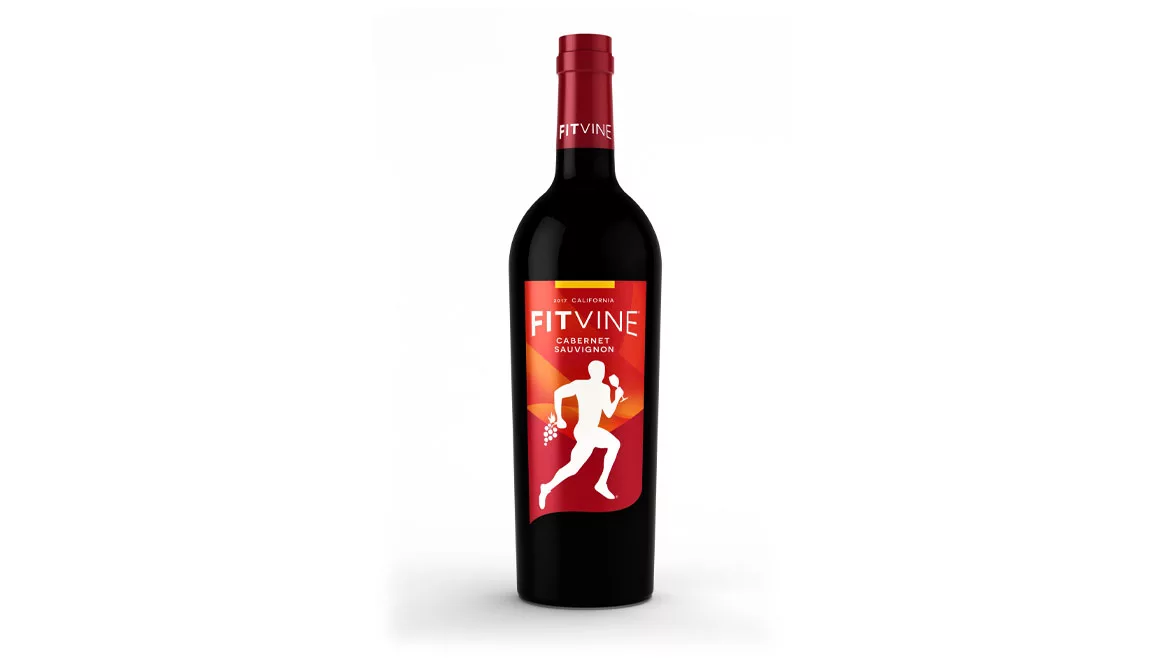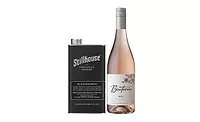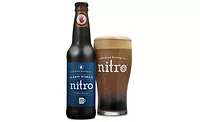Beverage Beat
Where are super-premium wine, spirits headed?
Rabobank report address impact recession could have on super-premium beverage alcohol

Image courtesy of O'Neill Vintners & Distillers
With the holiday season in full swing, friends and family might be more inclined to upgrade their food and beverage choices while they celebrate. When it comes to the super-premium wine and spirits markets, demand for these products have remained intact throughout the year. However, with inflation impacting consumers’ pocketbooks what does that mean for super-premium wine and spirits going forward?
Stephen Rannekleiv, global strategist of beverages for Rabobank, addressed just that in a recently released report titled “What Would a Recession Do to Superpremium Wine and Spirits Consumption in the US?”
In the report, Rabobank defines super-premium spirits in line with the Distilled Spirits Council of the United States, while it uses data from IWSR for all wine in the super-premium, ultra-premium, prestige and prestige-plus segments, which encompass all wine priced $20 and higher, it states.
“From 2010 to 2021, super-premium spirits enjoyed an average volume growth rate of 8.8%, while super-premium wine volumes saw an average growth rate of 7.7% over the same period (though growth slowed during the lockdown phase of the pandemic),” the report states.
Manufacturers have taken notice of super-premium and luxury brands and are looking to add them to their portfolios as well. For example, earlier this year, Diageo plc acquired 21Seeds, a rapidly growing flavored tequila infused with the juice of real fruits that is available in three varieties: Valencia Orange, Grapefruit Hibiscus and Cucumber Jalapeño.
“21Seeds is one of the fastest-growing brands in the increasingly popular flavored tequila segment and we are delighted to welcome it into our tequila portfolio,” said Debra Crew, president of North America, in a statement at the time of acquisition. “This acquisition is in line with our strategy to acquire high growth brands in fast growing categories. It is particularly special to me given Diageo’s longstanding commitment to champion inclusion and diversity, and we look forward to working with this dynamic trio of female entrepreneurs to continue growing 21Seeds.”
Recently, E. & J. Gallo Winery announced it purchased Denner Vineyards, producer of critically acclaimed wines from California’s Central Coast. Denner Vineyards is best known for its proprietary red blends, Rhône and Bordeaux varietal wines that range from $50 to $80.
“For 20 years, Ron Denner has stayed true to the land and his vision to produce great wines from the acclaimed Paso Robles region, cultivating an authentic, diverse portfolio,” stated Joseph C. Gallo, vice president and general manager of Gallo’s luxury wine business. “We look forward to drawing inspiration from and working with Ron and winemaker Anthony Yount.”
O'Neill Vintners & Distillers, a B Corp certified company, also is looking to increase its presence in the super-premium wine segment. The company acquired FitVine Wine, the category leader in the wellness segment, positioned to appeal to consumers that want to live an active and balanced life, it says.
“Our focus for the last seven years has been to build a portfolio of great brands appealing to the modern wine drinker,” said Jeff O'Neill, founder and CEO at O'Neill Vintners & Distillers, in a statement. “We see a tremendous opportunity to continue to strengthen and expand FitVine nationally driven by our commercial team, distributors and trade partners.”
Rabobank’s report notes that super-premium wine and spirits have been seen as an investment thanks to appreciation as well as super-premium beverage alcohol consumers being more recession-resistant. However, with analysts anticipating a recession, the report addresses what short-term effect this will have on the super-premium beverage alcohol market.
Rabobank notes that although super-premium wine and spirits might be recession-resistant, meaning that they performed well in general capacity during the height of the pandemic, these segments are not completely recession-proof.
“According to our estimates, we will likely see softening demand for super-premium wines and spirits, given the recent reversals in [household net worth],” the report states. “Softening demand will likely be felt mostly in Q4 and could offset some of the gain seen in the first three quarters of the year. Our modeling suggests that super-premium wines and spirits will likely see modest (mid-single digit) declines in the coming year.”
Looking for a reprint of this article?
From high-res PDFs to custom plaques, order your copy today!






